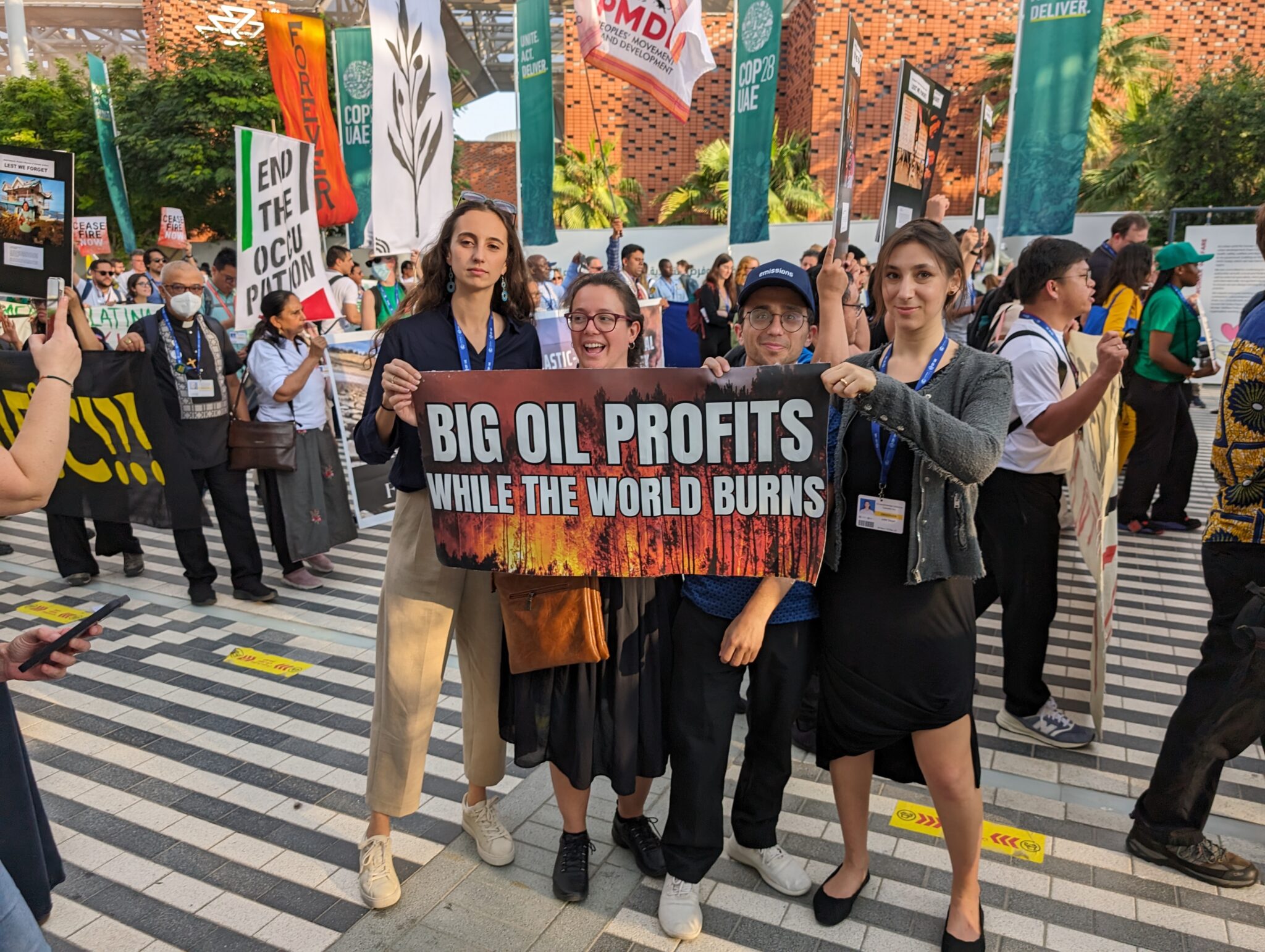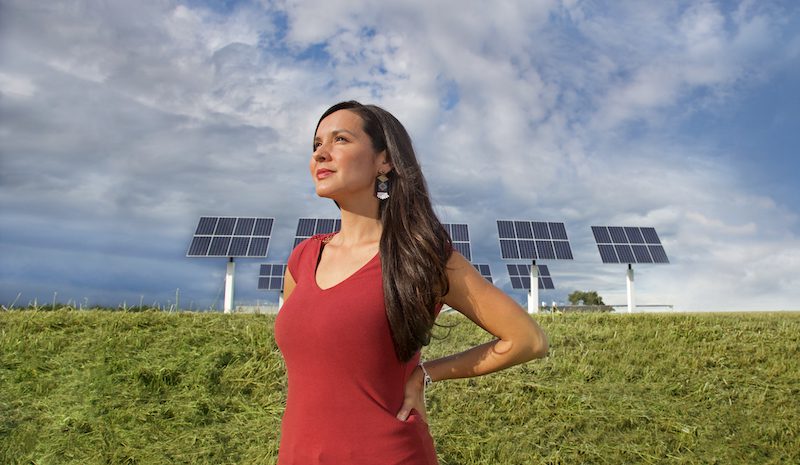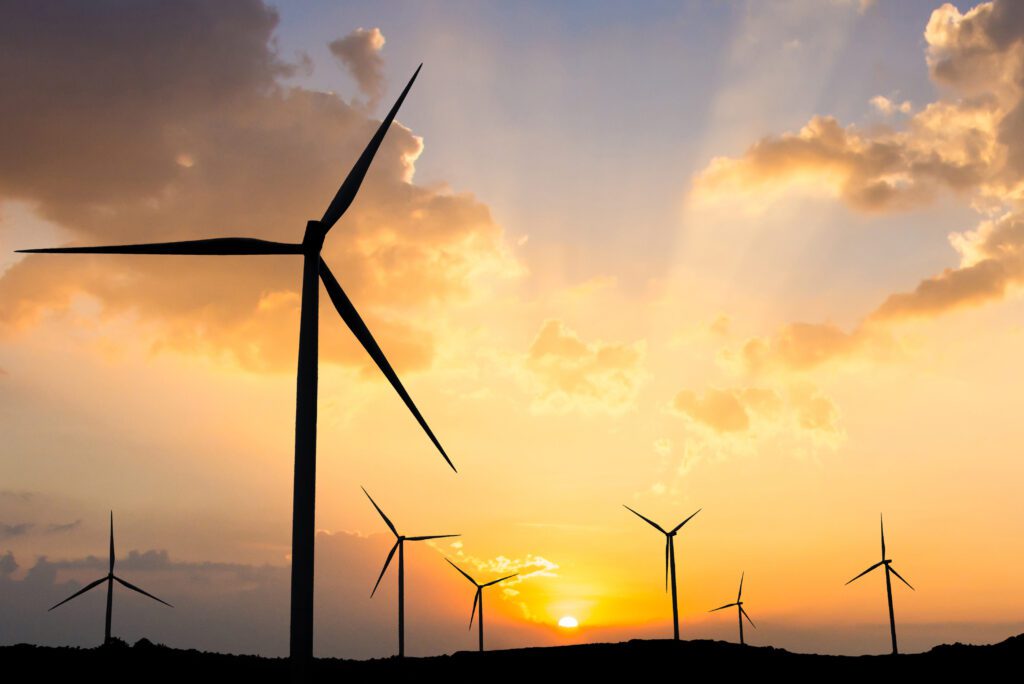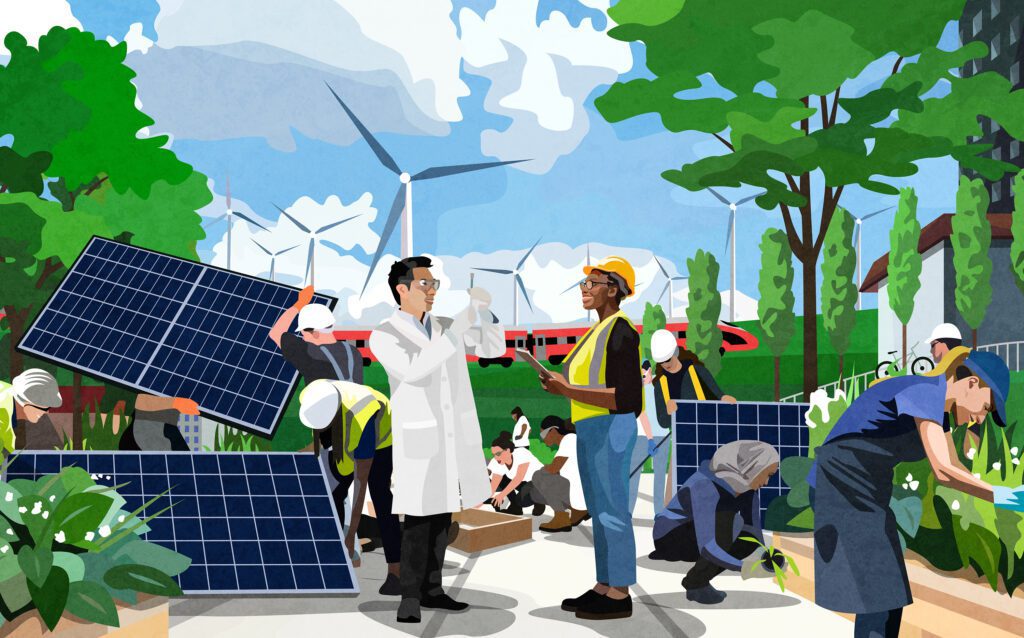On this final day of COP28, just a few hours after countries of the world agreed on the need to move away from fossil fuels, I’m overcome with a mix of emotions.
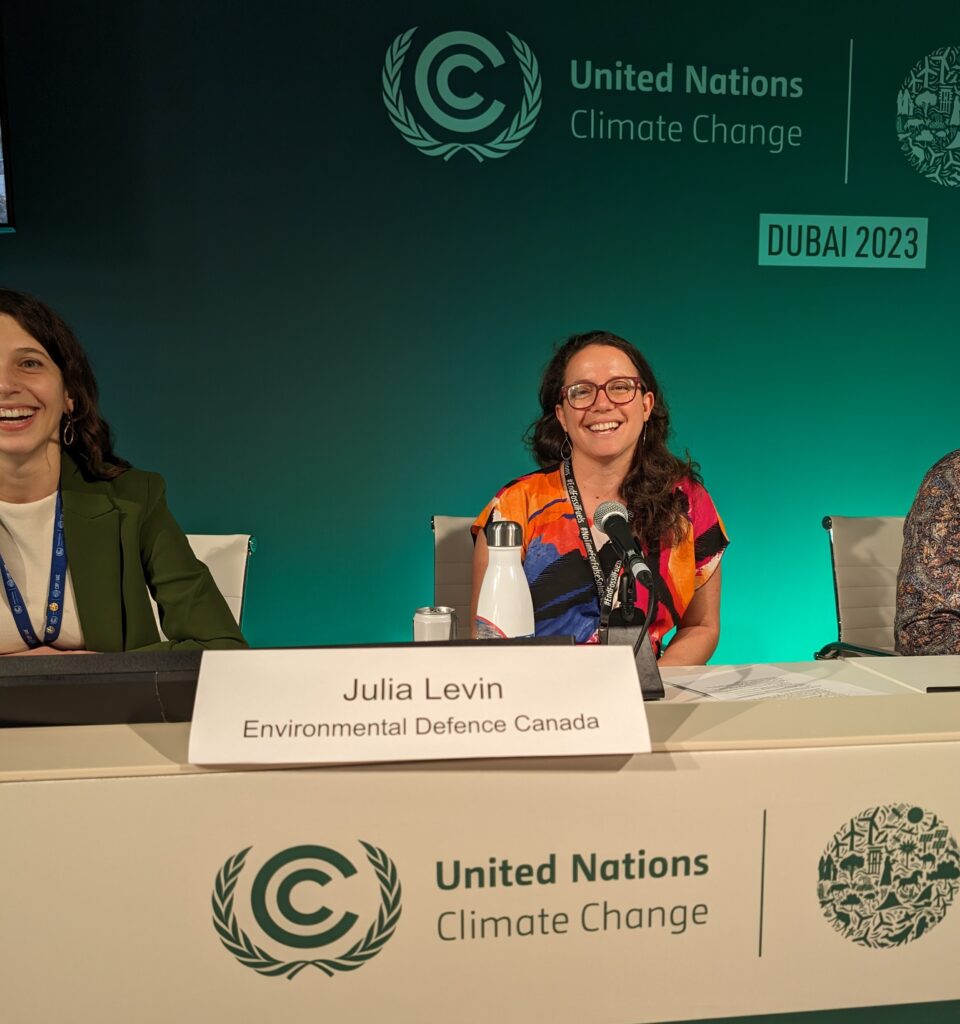

Inspired by the unstoppable momentum to secure a fast, fair, full and financed fossil fuel phaseout. A movement led primarily by leaders from small island states, fighting for their very existence.
Triumph that greedy oil and gas executives were not allowed to sabotage climate progress (and they really tried hard, the desperation of this sunsetting industry was obvious).
Outrage that the wealthy countries who are most responsible for the climate crisis failed to take responsibility by providing sorely needed funding to ensure developing countries are able to transition their own economies off of fossil fuels, adapt to climate disasters and be compensated for their losses and damages.
Committed to bringing that momentum back to Canada with me, where the fight for a livable future is far from over.
And let’s be real, I’m also exhausted.
The Momentum Behind a Fossil Fuel Phaseout is Unstoppable


We came to COP demanding a fair, fast, full and funded phase out of all fossil fuels — something that even last year was unthinkable. We didn’t win on everything, after all COP outcomes favour the lowest common denominator.
But after 30 years of international negotiations failing to mention the root cause of the climate crisis, the acknowledgement that we must phase out all fossil fuels and massively scale up renewable energy in order to effectively tackle the climate crisis, is both long overdue and extremely significant. It sends an extraordinary signal to governments, regulators and the fossil fuel industry that business as usual is no longer an option.
For the first time ever, countries around the world have collectively agreed on the need to leave oil, gas and coal in the ground.
As a colleague put it, what used to be a ceiling is now a floor for future action.
Wealthy Countries are Still Failing the Global South
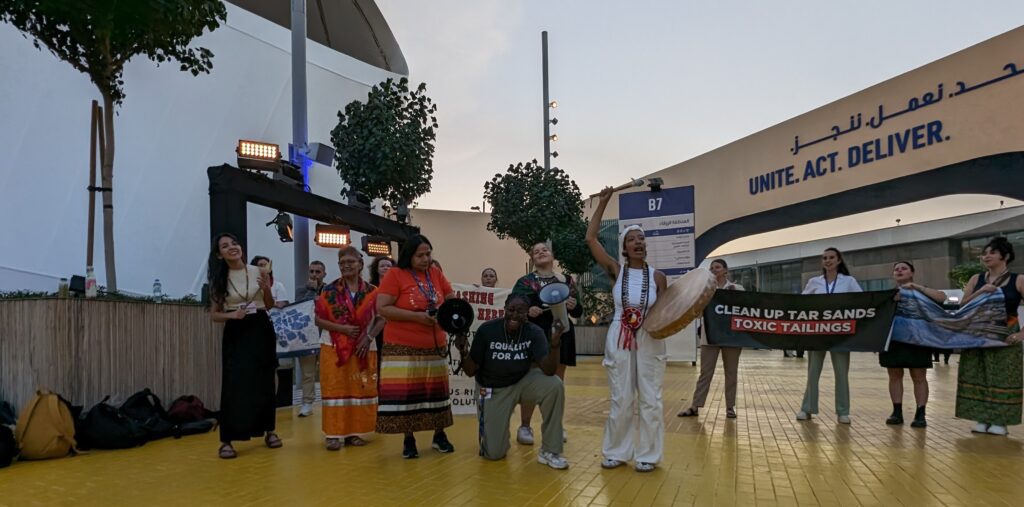

Differentiation: Developed and developing countries cannot be expected to move at the same pace and scale when it comes to transitioning their economy off of fossil fuels. Wealthy countries like Canada and the United States, who have long benefited from their oil and gas industry and are less reliant on it today, must move first and fastest on phasing out fossil fuels, with progress made this decade
Equity: Developing countries have been clear on their needs: financial support in order to transition their economies away from fossil fuels, adapt to the impacts of the climate crisis and address the losses and damages being experienced.
On both fronts, Canada and other Global North countries have failed the global community. Rebuilding trust will require wealthy countries to start paying up, so that the transition off of fossil fuels does not replicate existing inequities.
Landing the loss and damage fund on day one of COP28 was a huge success, but the sums committed by countries, including Canada, are way too low. The $700 million that countries have contributed to date covers less than 0.2 per cent of the estimated losses faced by developing countries each year. (Another comparison: baseball player Shohei Ohtani, recently signed a $700 million contract.)
People Power Can Defeat Big Oil
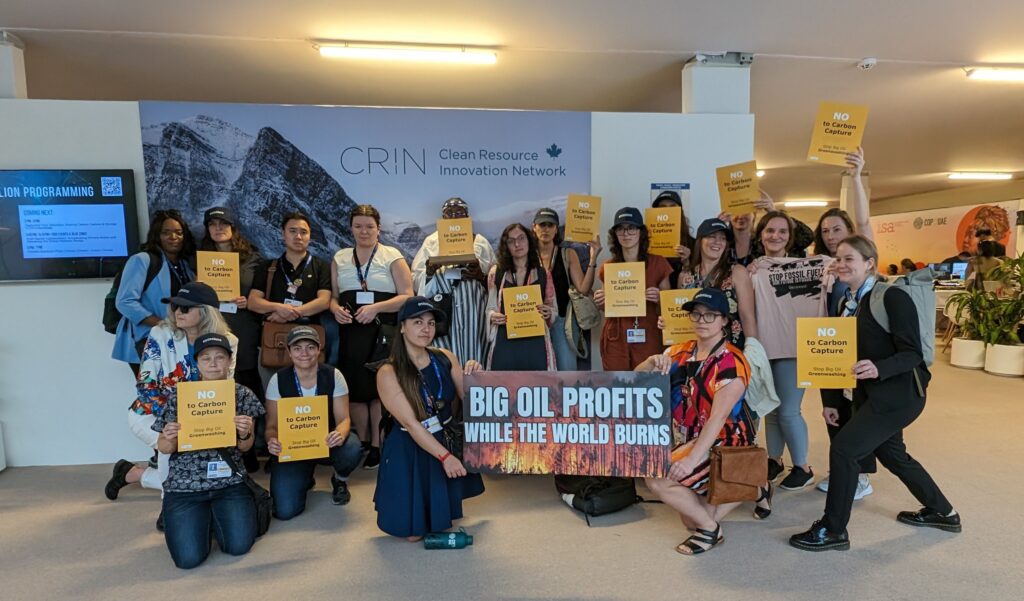

On the contrary, their presence and the fact that COP was led by the head of an oil company brought a huge amount of scrutiny to the negotiations, which has helped us land this historic outcome.
Nevertheless, the impact of these fossil fuel lobbyists is clear. There are dangerous loopholes in this final text – including for carbon capture, hydrogen, petrochemicals and transition fuels – that risk undermining the important progress that has been made. (The text does however say that carbon capture should only be used for industries like steel and cement, often referred to as hard to abate sectors, which is better language than we’ve ever seen used by governments in Canada.)
The Work Doesn’t Stop Here
Of course, now we must bring the momentum to phase out fossils back to Canada. It’s up to us to translate this message that the era of fossil fuels is ending into every policy and every decision made by our governments.
And we have our work cut out for us. Canada and just four other countries are responsible for over half of the planned expansion of oil and gas production. Allowing that expansion to go ahead will lead to more destructive warming that will impact millions in Canada and around the world.
But we should all take a moment to celebrate, because wins like this don’t happen every day. And they don’t happen without a movement of people like you.
Take Action: Tell Big Oil To Stop Polluting Our Climate


